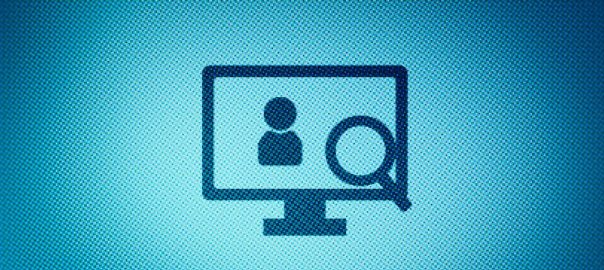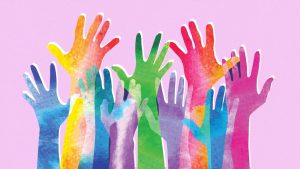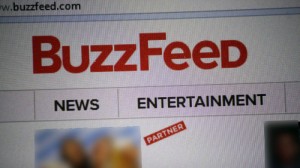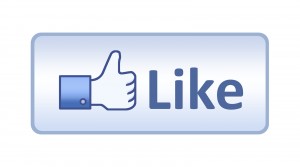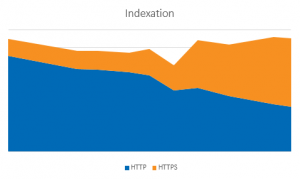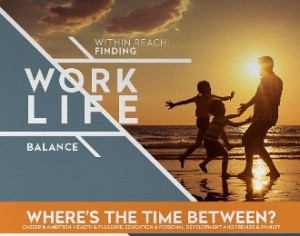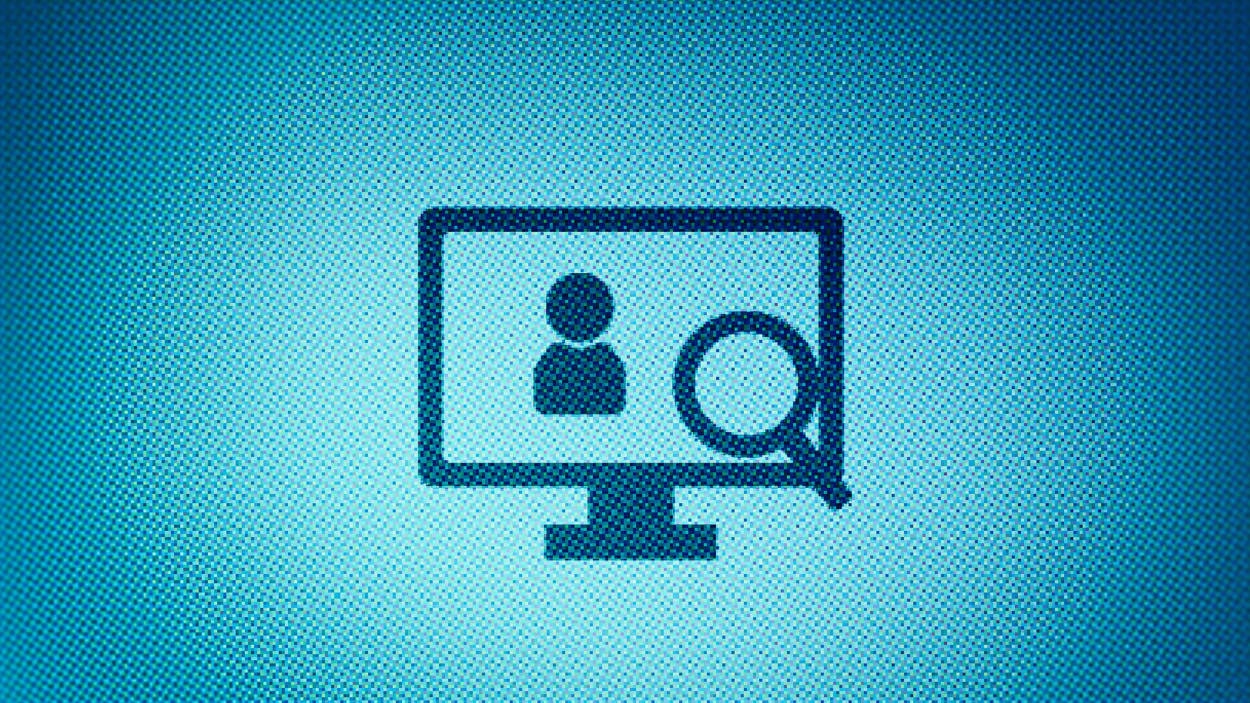
The latest GDP figures show that the U.S. economy contracted 0.9% during Q2 of 2022, marking the second-straight quarter of negative economic growth. By many definitions, that means the American economy is in a recession—though there are other factors at play, and nothing’s official until the National Bureau of Economic Research says so.
The latest numbers come a day after the Federal Reserve announced another interest rate hike of 75 basis points, the second in as many months. Fed Chair Jerome Powell maintained, too, that he thought the economy was not heading into a recession. Despite his comments, many people and businesses are feeling the effects: Companies are cutting jobs, and corporate earnings are taking a hit, for instance.
For many people, though, the biggest question is how, or if, a recession will have a direct effect on their lives and finances. For most, the biggest unknown is whether their jobs will be among those cut as a part of cost-saving measures by their employers. During the Great Recession, more than a decade ago, roughly nine million Americans lost their jobs as unemployment topped out at 10%. We’re still far from those numbers, with the jobs market still relatively strong—unemployment is currently only 3.6%.
The strong jobs market is perhaps the most important element to pay attention to in the weeks and months ahead. There have been some recent signs of weakening: Initial jobless claims numbers for the week ended July 23 totaled 256,000, after the previous week’s numbers were revised up to 261,000—the highest since last November. It’s the labor market’s strength, though, that has some experts skeptical that we’ll enter an “official” recession.
“Historically, the U.S. has never entered a recession while we are still growing jobs,” Scott Colbert, the chief economist and director of fixed income at Missouri-based Commerce Trust Company recently told Fast Company. “With job openings high, layoffs low, and demand for labor firm, it’s hard to envision a recession is on our doorstep.”
Still, millions of workers may be feeling fearful and anxious, and with good reason. But not all industries and sectors are affected the same way by recessions or economic downturns. In fact, some are considered “recession proof,” in many respects. That’s because recessions either have no effect on them or may even have a positive effect—these can range from the healthcare field (there’s always demand for doctors!) to dollar stores.
As for what “recession-proof” jobs are out there? Job search site Indeed has a top 10 list, which includes positions like teachers, accountants, funeral directors, and registered nurses—jobs that are almost always going to be in demand as people won’t or can’t curb their spending on things like healthcare and education.
And data from Indeed shows that there are almost 54% more job postings on the platform as of July 22 than there were compared to a pre-pandemic baseline. So, employer demand for workers is still strong, and there are still more job openings than available workers by an almost two-to-one margin, according to the most recent Job Openings and Labor Turnover Survey (JOLTS) from the Labor Department.
That may be the most important variable to keep an eye on to see if the economic situation in the U.S. continues to decay.
(19)
